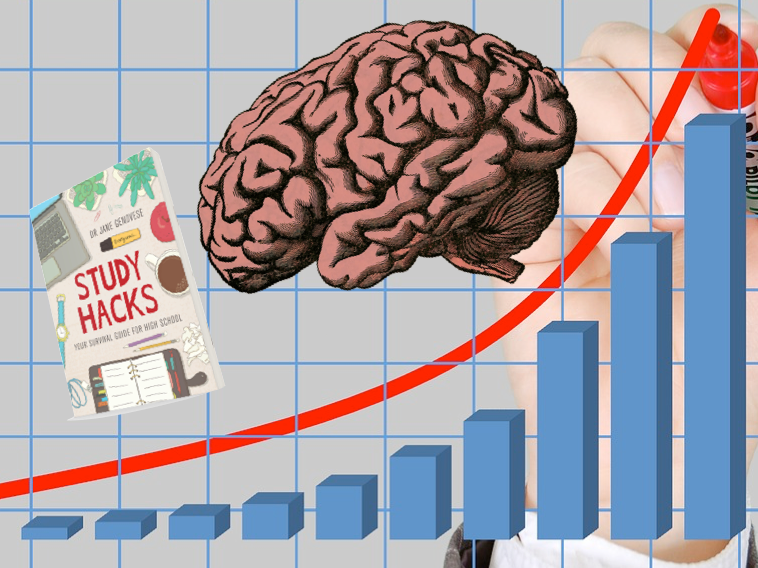
Forget investing in gold bars, bitcoin or the stock market.
Consider investing in the biggest and best asset that you already own: your brain. Upgrade that glorious system of neural networks by learning how to learn.
When you learn how to learn, new worlds and opportunities open up to you. Things that you thought you couldn’t or would never be able to do, suddenly become possible.
Here are 7 reasons why you want to consider learning how to learn.
1. It makes life easier
Trying to shift information into your long-term memory without an understanding of how you learn best is like trying to dig a hole with a toothpick. It’s excruciating work!
But once you start utilising a collection of simple study strategies and tools, you’ll save yourself a lot of time and unnecessary frustration when it comes to learning.
2. You can have more free time
Say goodbye to reading your books over and over again for hours on end. When you know how to learn effectively, you can learn information quickly and efficiently. This frees you up to have more time for the things you really want to do.
3. You can have more fun
Let’s face it, reading your books passively and highlighting information is boring and ineffective. There is a whole world of creative study strategies you can use to become more engaged and immersed in the learning process.
4. Your grades improve
When you actually understand the information (rather than just rote memorisation), you will see your grades dramatically improve. But good grades are really just a byproduct and extra bonus. When you’re intrinsically motivated to learn, you feel more satisfied, more in control and you have more fun (see point 3).
5. You can master new skills quickly and efficiently
Want to learn how to make the perfect lasagna? Want to master conversational German in less than 6 months? Or perhaps learn to code?
When you know how to learn, you can pick up new skills quickly and efficiently on your own. You don’t need your hand held every step of the way. There’s nothing you can’t or won’t be able to do. Knowing this gives you a tremendous sense of power, confidence and agency.
6. It gives you more options
They say most young people will change careers five times in their lifetime. Long gone are the days where you trained up in one area, got a job and stayed in that job for the rest of your life.
Many of the jobs that exist today didn’t exist 10-20 years ago (think app developer, solar energy engineer and social media analyst). And many jobs that existed in the past are no longer around today (Think video and CD store clerk). With job obsolescence, it pays to be able to learn new skills. It pays to have a second-skill. This makes you mentally flexible so you can move with the times and not stay rigidly stuck in the past.
When you learn how to learn, you future-ready yourself.
7. You can remember information for months and years (rather than just days or weeks)
When you rote-learn, information doesn’t tend to stick. Sure, you know it for the test, but after that? It’s gone.
But when you have ways to deeply understand the content, this is a game changer. When you can connect information to something you already know and see how it fits in the real world around you, you can easily retrieve that information for many months and years to come.
To sum up
Learning how to learn opens up new worlds for people. It certainly did for me (you can read my story here). Like any skill, learning to learn requires an investment of time and energy. But don’t let that put you off. You’ll get that time back (plus more) through being an efficient, savvy learner.
Want to take the next step to learn how to learn? Check out my free resource The Mindmappers’ Toolkit and my latest book Study Hacks.
